Finland Accelerates Quantum Growth: New Error-Correction Roadmap, Cleanroom Expansion, and Algorithmic Innovation
At Quantum World Congress 2025, Outi Keski-Äijö of Business Finland outlined Finland’s newly finalized National Quantum Strategy, major new investments in quantum computers and fabrication infrastructure, expanded doctoral training, and the rapid growth of Finland’s industry ecosystem from full-stack computing to enabling technologies.
Delivering the National Quantum Update: Finland at Quantum World Congress 2025, Outi Keski-Äijö, Head of the Quantum Program at Business Finland, presented Finland’s newly finalized National Quantum Technology Strategy and shared a comprehensive overview of the country’s expanding quantum ecosystem. Now in their third year participating in the QWC country updates, Finland introduced a wave of new developments that have taken shape since last year’s appearance.
“Finland has recognized six focus areas to strengthen our future quantum competitiveness—from talent to infrastructure to cleanroom expansion.”
Keski-Äijö highlighted that Finland’s new National Quantum Strategy was formally completed in April 2025—solidifying the country’s long-term vision, goals, and priority initiatives. The strategy is built on three pillars:
Finland as a prominent global player in developing and using quantum technologies
Economic growth as the primary national motivation (rather than military or geopolitical dominance)
Finland as a reliable international partner and a leader in future information security
Finland already holds a strong market position, representing roughly 15% of global quantum market value in 2023, and aims to grow the national quantum sector to €3 billion by 2035, supported by thousands of new jobs and significantly increased venture investment.
Finland’s Competitive Advantages
Keski-Äijö emphasized several key strengths that give Finland a distinctive position in the global quantum ecosystem:
World-class science and research tradition, with decades of sustained investment and expertise
A thriving ecosystem with strong cooperation between academia, research institutes, industry, and government
High technical competence in superconducting qubits, photonics, and silicon spin qubits
Strong capabilities in cryogenics, hybrid quantum-classical systems, and enabling technologies such as lasers and precision instrumentation
Expanding Quantum Infrastructure: New Systems and Cleanrooms
Finland has rapidly expanded its quantum infrastructure over the past year. The country currently operates:
A 5-qubit superconducting quantum computer
A 54-qubit superconducting system
A new system linked to the LUMI supercomputer, enabling hybrid HPC + quantum workflows
Major new infrastructure investments include:
New cleanroom facilities under construction, supported through public-private partnerships at the EU level
A roadmap to build Finland’s first 150-qubit system, followed by a 300-qubit system, jointly developed by VTT and IQM, with an explicit focus on future error-correction platforms
Building Talent: A New Doctoral Pilot for 90 PhDs
To meet growing workforce needs, Finland has launched a new doctoral pilot program that will train 90 new PhD-level experts over the next three years. This significant investment underscores Finland’s focus on deep technical capability and long-term talent development.
Next R&D Program: Expanding Beyond Algorithms
Finland’s current national program runs until mid-2026 and focuses on quantum software, use cases, and algorithms. The newly planned program will be broader and more long-term, shifting beyond software to encompass the full spectrum of quantum technologies, including hardware, enabling technologies, and deeper industry adoption.
Growing Focus on Quantum Communications
Keski-Äijö highlighted major recent investments in quantum communications. Finland will deliver its first components within two years, supporting a national and European push toward secure communication networks.
International Collaboration: Nordics, EU, Asia, and Beyond
Finland continues to place a strong emphasis on international cooperation. The country maintains active partnerships with:
Nordic neighbors (Denmark, Sweden, Norway, Iceland)
European Union collaborators
South Korea and Taiwan
Planned deeper cooperation with the U.S., UK, and Japan
International collaboration also extends to major R&D infrastructure: Finland is deeply integrated into EU planning for new fabrication facilities and cleanroom investments.
InstituteQ: Finland’s Expanding Quantum Research & Education Network
One of Finland’s greatest strengths is its cohesive and collaborative research community, anchored by InstituteQ—a national alliance that includes:
All major Finnish universities
VTT
CSC (Finland’s national IT center for science)
A broad network of companies and industry partners
InstituteQ coordinates research, education, and industry collaboration and is expanding as Finland’s ecosystem grows.
A Flourishing Startup and Industry Ecosystem
Finland’s quantum ecosystem includes roughly 50 funded companies active in quantum-related projects. A snapshot of the ecosystem includes:
Full-stack quantum computing
Quantum sensing and communications
Algorithms and software
Cryogenics and enabling technologies (including fridges and laser systems)
New fabrication infrastructure companies such as Quantum Nova
New spinouts from VTT, such as Arctic Instruments and QMiL
Finland’s investor community includes a mix of private seed investors, venture capital, the state-owned investor Business Finland, and the Research Council of Finland, which supports basic research.
Keski-Äijö concluded by inviting attendees to visit Finland’s booth at the QWC expo floor and continue discussions about global collaboration.
